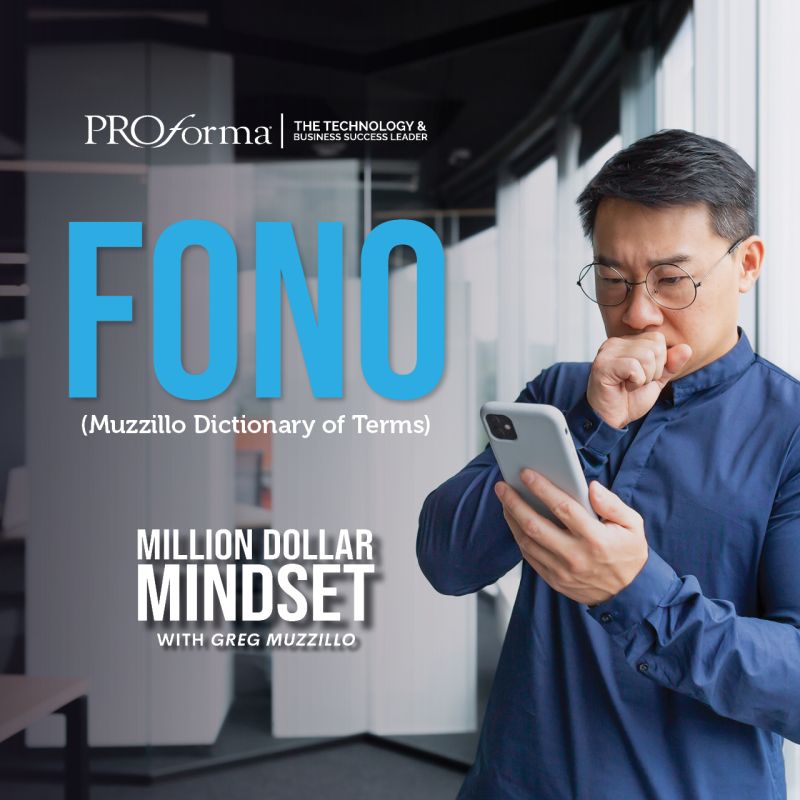Video game fans are very aware of the concept of a “loot crate.” Basically, it’s a way for video game companies to keep getting your money even after you’ve purchased the game (or bring in revenue if the game is free). That can include things like avatar skins, weapons, etc.
The emergence of NFTs brings that idea of the “loot crate” to real life, where we are the avatars who want to unlock little digital collectibles. At least that’s what Coca-Cola is hoping.
The beverage brand partnered with Tafi, a Utah-based startup that makes video game avatars and other virtual content, to create a digital recreation of its 1956 vending machines. The “Friendship Box” vending machine works with the Ethereum cryptocurrency, and “dispenses” digital items like a branded Coca-Cola bubble jacket that “illuminates with fizz” and trading cards.
Coca Cola is tapping into the #NFT collectibles market via @forbeshttps://t.co/KfABeQ6Shc
— Zaisan (@zaisanglobal) August 10, 2021
“It really gave us an opportunity to explore the robust space the digital space gives you—this really cool convergence of form and function and aesthetic,” Joshua Schwarber, senior director of global digital design at Coca-Cola, told Forbes. “So the ability to do things in motion and have artwork come alive, or be able to reimagine our assets in new and unique ways to create these multi-sensorial kind of opportunities.”
Coca-Cola obviously does plenty of real-world branded merchandise and collectibles, considering it’s one of the most recognizable brands on the planet. But this move into digital shows that big companies are exploring the NFT world. Coca-Cola basing its NFTs around real-world things like vintage vending machines and a puffy jacket (inspired by old employee uniforms) is a good example of tying in the digital space to the real world.
There’s no physical product to complement the NFTs here, but other companies are doing things like that, such as the Dodgers with their World Series Ring promotion or video games partnering with apparel brands to create in-game and real-world apparel.



